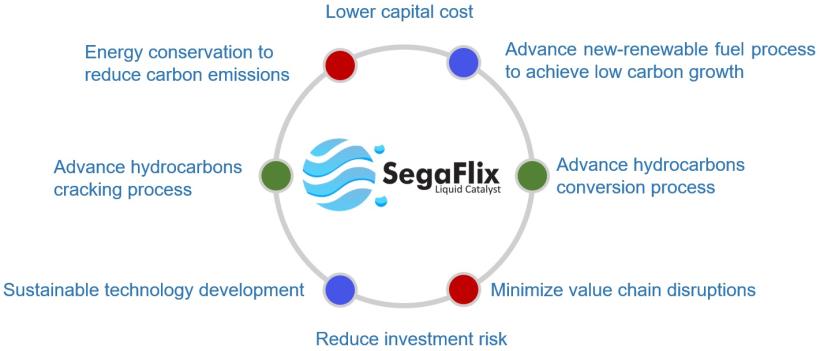Philosophy of Technology
Molecular Nanotechnology (MNT)
Molecular Nanotechnology (MNT) refers to the precise manipulation of matter at the molecular or atomic scale to create advanced systems, materials, and machines. This technology employs nanoscale engineering techniques to arrange individual molecules or atoms, enabling the construction of structures with complex atomic specifications through mechanosynthesis.
Unlike nanoscale materials, MNT focuses on controlling molecular reactions at specific locations and orientations, achieving desired chemical outcomes, and assembling these products into larger systems. Its ultimate goal is to balance molecular reactions in positionally controlled environments, paving the way for highly efficient and innovative applications.
Key Characteristics of MNT:
- Precision Control: The ability to position and assemble molecules or atoms with extreme accuracy.
- Bottom-Up Approach: Building complex structures atom by atom or molecule by molecule, as opposed to traditional manufacturing methods.
- Nanomachines and Assemblers: Development of nanoscale devices capable of replicating or constructing other materials or systems.
